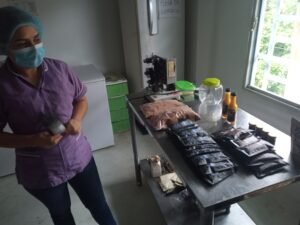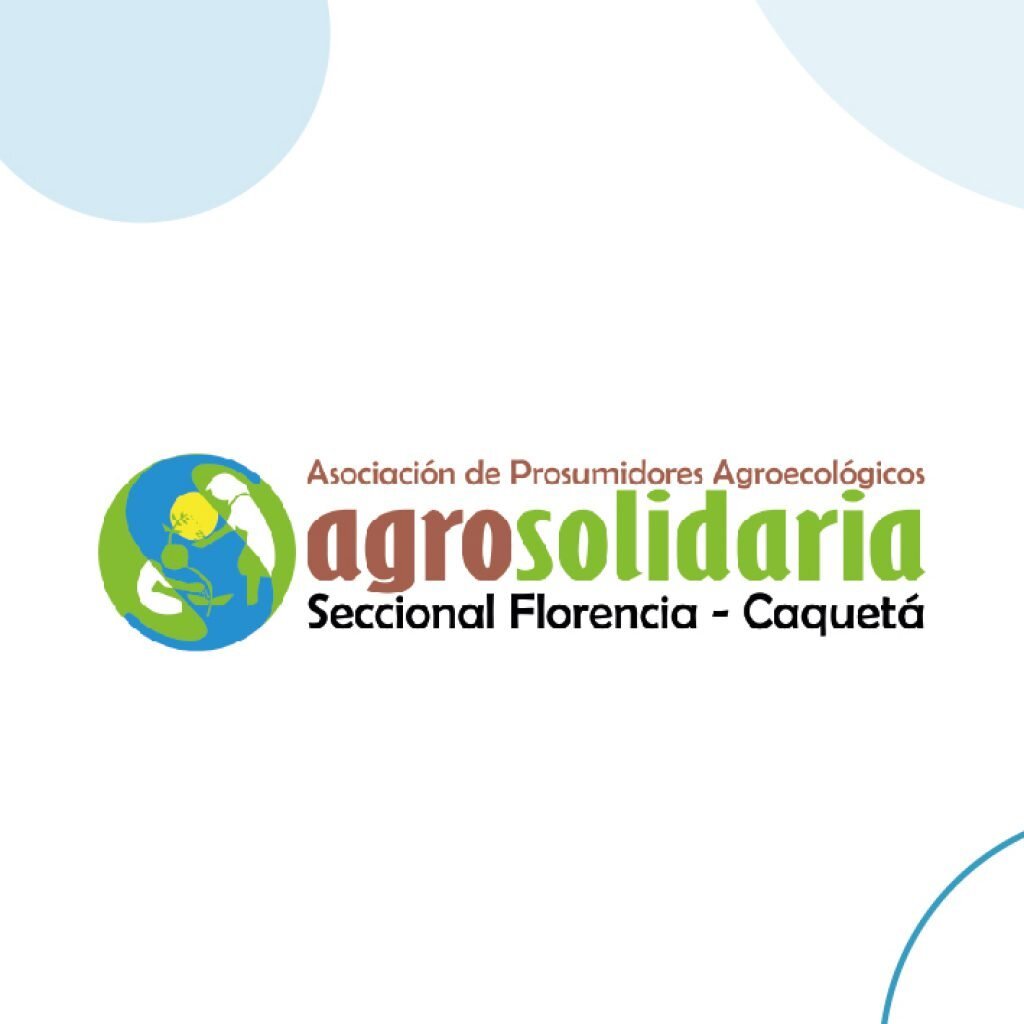1. Business Description

Agrosolidaria is an association that is responsible for transforming Amazonian fruits into innovative products. These include cupuazu powder, sacha inchi snacks, chili peppers, among others. In the department of Caquetá, the association arises from the scaling of a business model that already exists in other regions of the country, which adopts 3 principles of agroecology, community finances, and the solidarity economy. The farms vary in size, but in the region the farms considered small can have an average of 15 hectares. In the highest areas, attached to the mountain range, the farms are smaller, around 3 or 4 hectares, while in the lower area, towards the Amazon plain, the farms are larger. Agrosolidaria is a well-established company with a large number of affiliated associations and producers, and has managed to enter the market with Amazonian products with added value, generating new opportunities and alternatives for economic income for producers in the region, using the potential of native products that do not require reforestation but instead contribute to improving the conditions of the ecosystem through agroforestry systems and the use of non-timber forest products. The company has a very complete processing plant with all the necessary elements to transform and add value to its products, obtaining very high quality results. The company also has highly trained personnel for its operation and management.
2. Production systems

Currently, in Caquetá, it integrates several producer associations and focuses on the production of Amazonian fruit trees in agroforestry systems. The SAF have been designed so that the 4 main species (sacha inchi, açaí, chestnut and copoazu) are established at the same time, but the life cycle of these species allows the producer to always have a cash flow from eight months with the establishment of the sacha inchi, and the production of the other 3 species begins at 4, 6 and 8 years successively. In this business, its diversified production systems and the non-use of synthetic inputs are materialized, as well as in the accompaniment, fair prices, and strengthening of the associated members. Agro solidaria has proposed an agroforestry model very suitable for Amazonian producers that allows them to have income from very early in their establishment, and that successively allows the use of new products as it develops.
3. Main challenges
Difficulties in consolidating markets and the need to better define their product portfolio and maintain stable production levels, making it difficult to meet growing customer demands. Financial autonomy is still a bottleneck, mainly with respect to their capitalization capacity and to be able to provide technical assistance services to their partners. Another major problem in the region is the strong reluctance of producers to pursue an agricultural vocation, since there is a strong cattle-raising tradition in addition to a general lack of knowledge about Amazonian crops and fruits. In the same way, they must overcome the little culture and knowledge that exists about the consumption of some Amazonian foods, which is why their national sales are reduced to a small niche. Finally, certain raw materials come from indigenous communities and although the communities are interested in processing the raw material, they do not have the technological conditions and capacities to carry out these processes.











